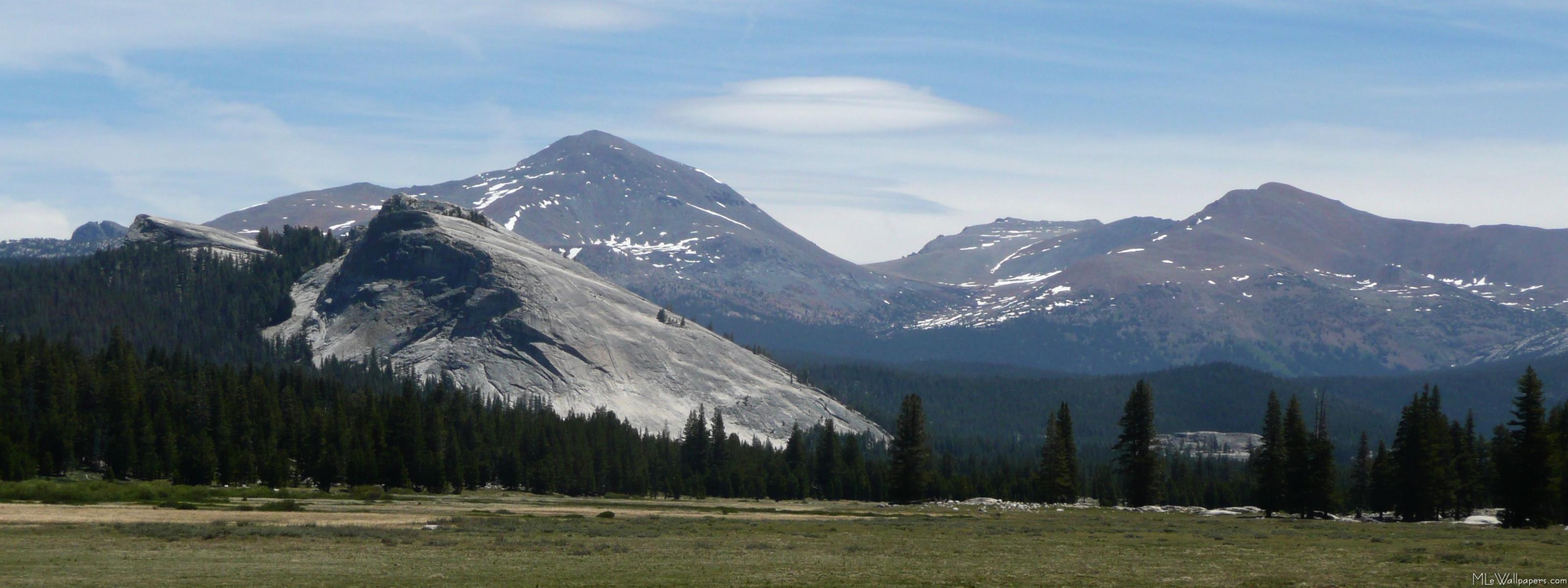I have two other social studies teachers in my school and as much as I love working with them and sharing resources, they don't teach the classes I teach. When I'm looking for new ideas, I have to look outside my school and this is why Twitter is so helpful. Also, when I find something really helpful, I can return the favor through Twitter.
My wife is in the same boat, but she's new to Twitter. She has had great Professional Learning Networks at her old schools, but now she's on her own.
My advice to her basically mirrors a previous blog post I made, How and Why I've Grown to Love Twitter. She needs to start in a direction she understands and can see what she's getting from Twitter. For instance, I liked Twitter as a newsfeed from major news outlets that provided me with a steady stream of topical current events subjects. Since then, my understanding and use of Twitter has grown exponentially.
Here's a helpful link I found last week on Twitter, of all places, Seven Ways to Get More Out of Twitter. I like most of the suggestions, but I always hesitate when I see the subject of followers or following others. I feel that you can have too many accounts to follow and can get inundated with tweets that you'll never have time to read, but at the same time, as you get to know Twitter better, there are all sorts of ways to find what you want in your tweets or out in the Twittersphere.
I have found that the bottom line with Twitter involves checking it regularly, but not obsessively. I spend 10-15 minutes every morning checking my Tweet Box and I also look into some of my best sources and see what they have tweeted since I last checked, but then I get on to whatever I'm working on. Later in the day, I may go back and search more particularly for a specific answer to a question I have.
I also have found that you get what you give. When you join in a conversation and/or share a resource, you will find more and better Tweeps (people on Twitter) to follow who will have all sorts of different ideas, perspectives, and resources of their own.
In the last year, I have started slowly on Twitter and have since embraced it, but only lately have I begun to see how as a rural teacher, Twitter has become a lifeline toward the outside world. I can interact with other likeminded teachers, who are geographically isolated, but connected through Twitter.
Are you a rural teacher, who uses or would like to use Twitter? If so, let me know how it's going.
Here are a few Twitter resources and guides:
- Starting with myself, here is my Twitter handle, @MrKellyIII.
- Then, what is Twitter and how does it work? How to Twitter (if it's too small, click on it)
- How and Why I've Grown to Love Twitter
- 22 Ways to Use Twitter for Learning Based on Bloom's Taxonomy
- The A-Z Dictionary of Educational Twitter Hashtags
- Seven Ways to Get More Out of Twitter
